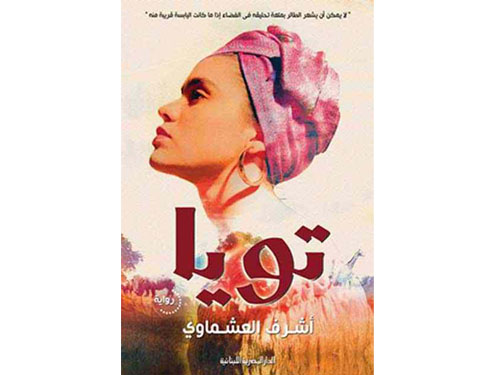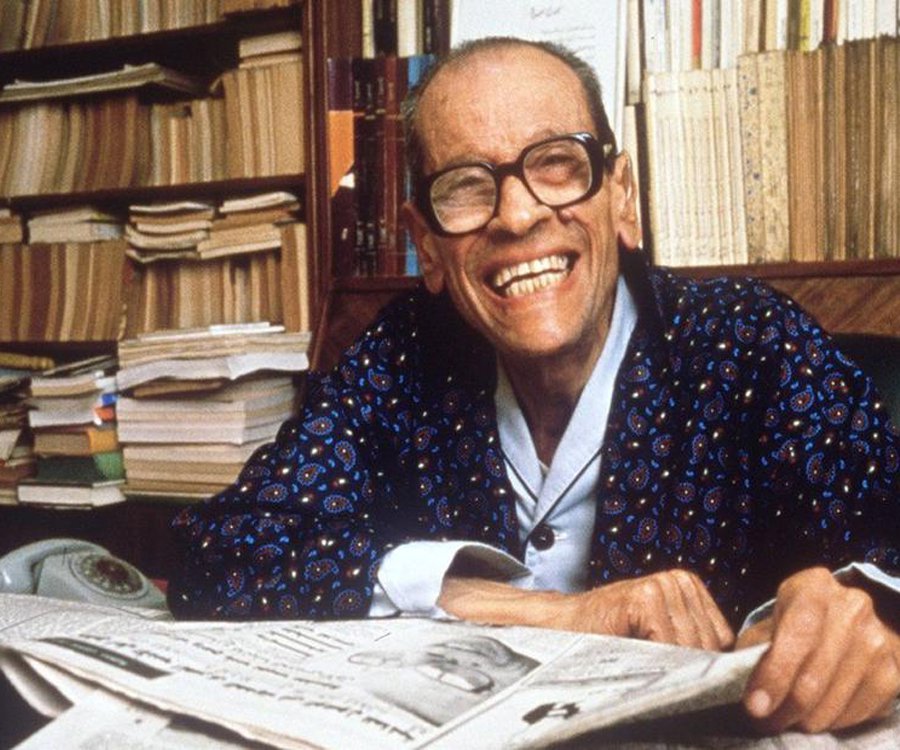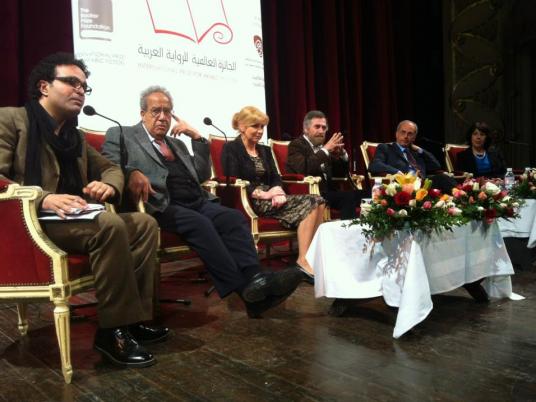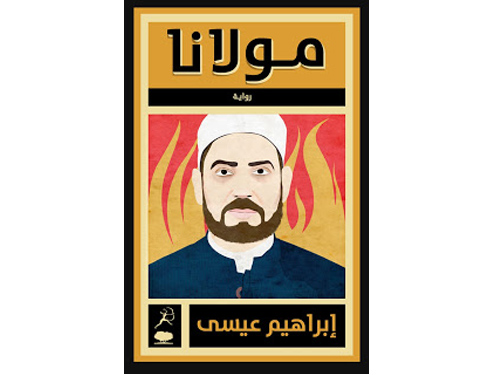
“Toya,” one of the three Egyptian novels on the 2013 International Prize for Arab Fiction long list, is a feel good novel. The second literary venture by judge Ashraf el-Ashmawi follows a Disneysque storyline, evoking with it all the morals, the good guys and bad guys, the adventures and humor, but also all the predictability that usually come with a fairy tale.
Think of the reckless Danish prince in “The Prince and I,” concerned only with idly passing his time, making female friends and drinking rather than looking after the affairs of his family and country to the dismay of his royal parents. Similarly, Youssef, the main character of “Toya,” is a doctor that starts out lusting after fame and material success. He is being courted by the beautiful but cold (think Cinderella’s evil step-sister) Katherine, a union that is highly encouraged by his British mother Mrs. Brown. Both British ladies exert their greatest efforts to persuade, pressure and coax Youssef into forgetting about his Egyptian roots and settling down in the UK for good.
Youssef, however, has carried over some of his Egyptian father’s love for Egypt, and by extension the African continent. It is during his short stay in Liverpool to complete his PhD degree, that Youssef meets Dr. Randall. The latter puts Youssef on the first step in the journey that would lead to his self-discovery and redemption from what would have been a wasted life. Along this journey, there are miles to be travelled, new people to be met — including Scott, Youssef’s sidekick, not unlike any sidekick in any Disney story — and the charming Toya after whom the novel is entitled, bad guys to be overcome and quasi-happy endings to be fulfilled.
The battle between good and evil is at the heart of this novel. Evil is clearly embodied in Neville and Iray, the unequivocal villains of the Kenyan tribe who are implicated in the trafficking of children’s organs, as well as the scorned Katherine who plots with them to avenge herself after being dumped. Youssef’s own materialistic and selfish inclinations at the beginning of the novel can also be seen as evil when he prioritized fame and material gain over the saving of lives. The writer chooses a happy ending, triumphing good over evil, but unlike fairy tales, however, innocent lives are lost in the process and evil is not defeated entirely, it merely subsides or resumes in a different form or activity.
The binary model does not stop at good and evil but there is also the dichotomy between materialism and altruism, heart and mind, civilized and primitive. Characters and actions in the novel are easily classifiable into one or other of these categories. But can human beings and their motivations be depicted in such black and white terms?
Apart from Youssef, and perhaps even Iray, the characters of the novel are stuck in this dichotomous characterization. Youssef’s inner conflict between materialism and altruism is what drives the plot of the novel; and Iray’s evil, hard, ruthless nature is infiltrated by a single show of weakness and love when he puts off killing Toya, but not for long. To the other side of the evil Neville and Iray, there are the absolutely and eternally good characters of Toya, Duno, Mr. Randall, Ibagoto, who never at any point show the slightest deviation from their good natures. Such characters do not appear to be made of flesh and blood but rather of formulas and models. They lack both depth and a hint of unpredictability.
The uncontested goodness of both Toya and innocence of Duno played the bigger part in the transformation of Youssef. The two characters touched his heart, bringing out of him such goodness and selflessness that no one — except perhaps Dr. Randall — knew was there.
Toya is a beautiful young girl whose femininity, softness, charm and integrity captivated Youssef at first sight. The reader is happy to see him fall for her spontaneity and sweetness after having witnessed his cold and calculated relationship with Katherine. But looking at the relationship from Toya’s point of view, it becomes less clear what attracts Toya to Youssef.
She is introduced as a character that is deeply attached to her people, the leader of her tribe declares that she is not made for marriage but rather for looking after her tribesmen, so it seems odd that she takes an interest in a foreigner about whom she knows very little. One possible explanation is that Youssef cares about helping her people as much as she does, but that, along with the passion between them, is as far as their relationship will go.
Saddening as it was, Toya’s death was the only possible ending for this very improbable relationship. Youssef himself is very aware of this impossibility, and so is Scott, but he persists as hope triumphs over reason. With huge differences in lifestyle, education, mentalities, they could only meet emotionally and sexually — not really the stuff of a long-lasting marriage.
In addition to offering a plausible exit for their otherwise failed or completely unrealistic marriage in the long run, Toya’s death and the way in which it occurs further cement her purity, elevating her to the status of a martyr sacrificed not only for the sake of her husband, but the whole tribe. For now she is to be remembered forever as a symbol of giving and caring.
“Toya” is a charming read. The predictability of the story does not detract from its enjoyability, with many important messages to communicate, exactly like a fairy tale.



